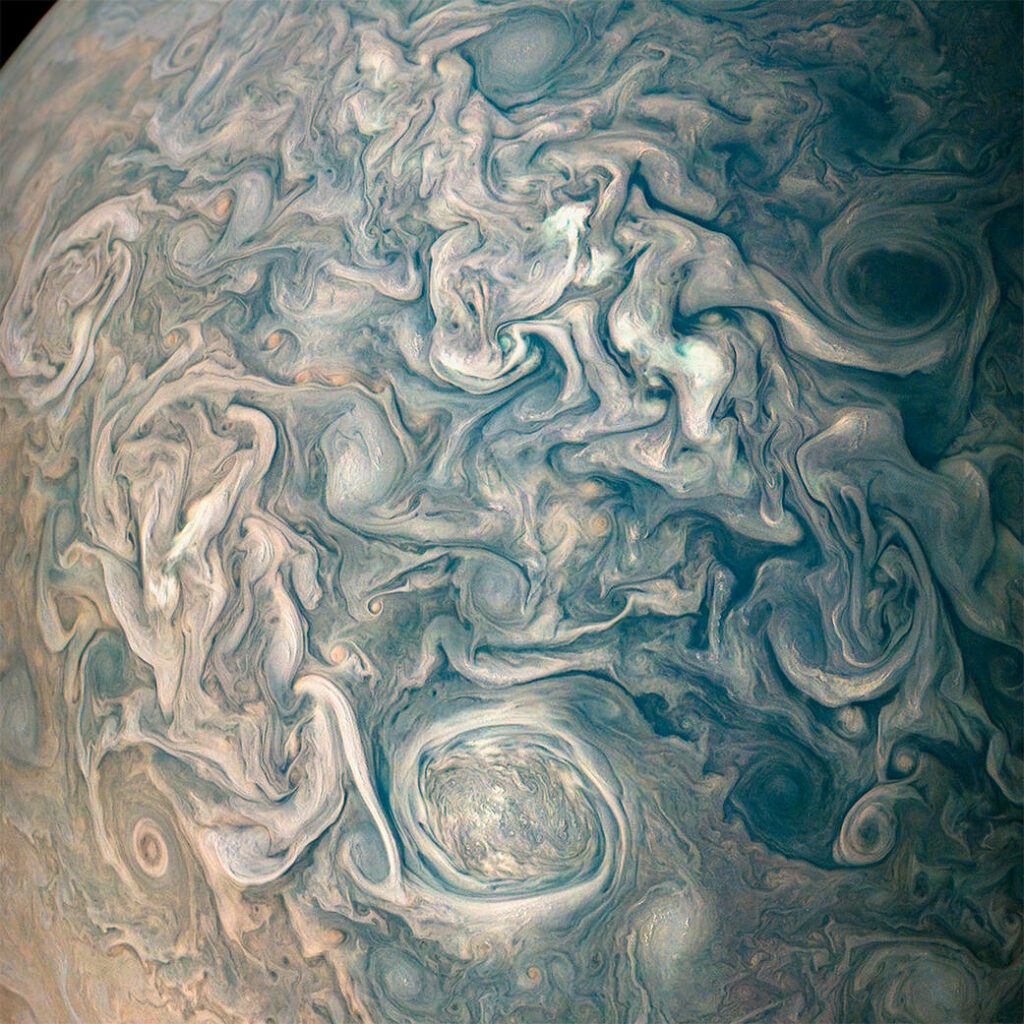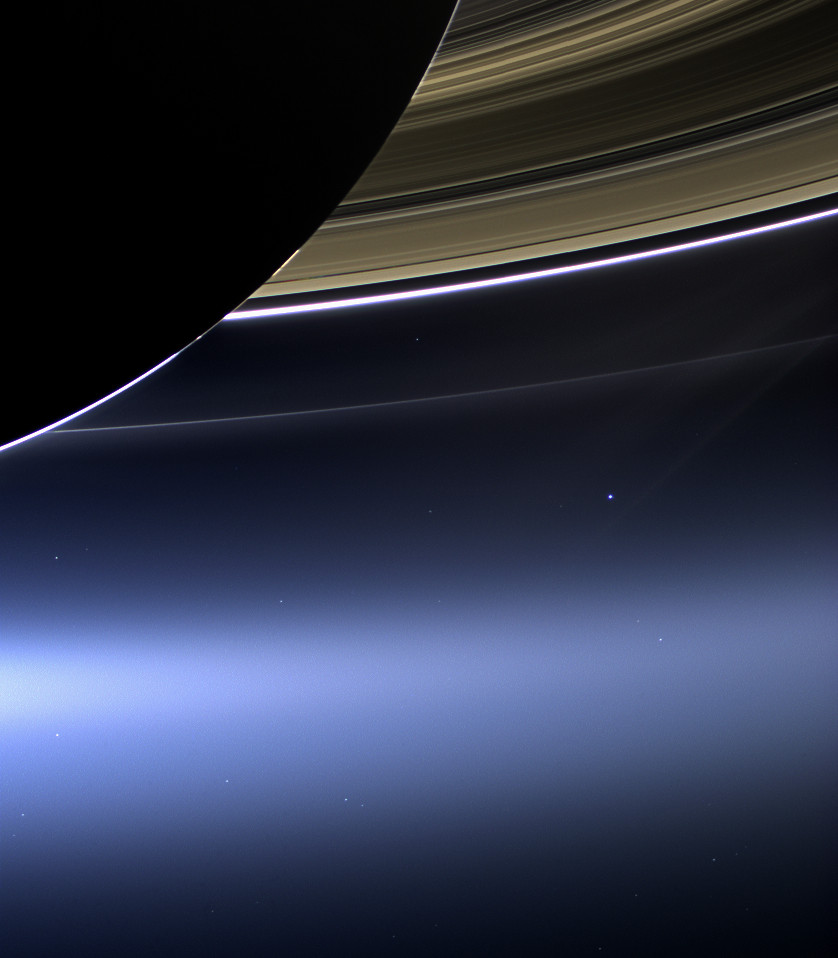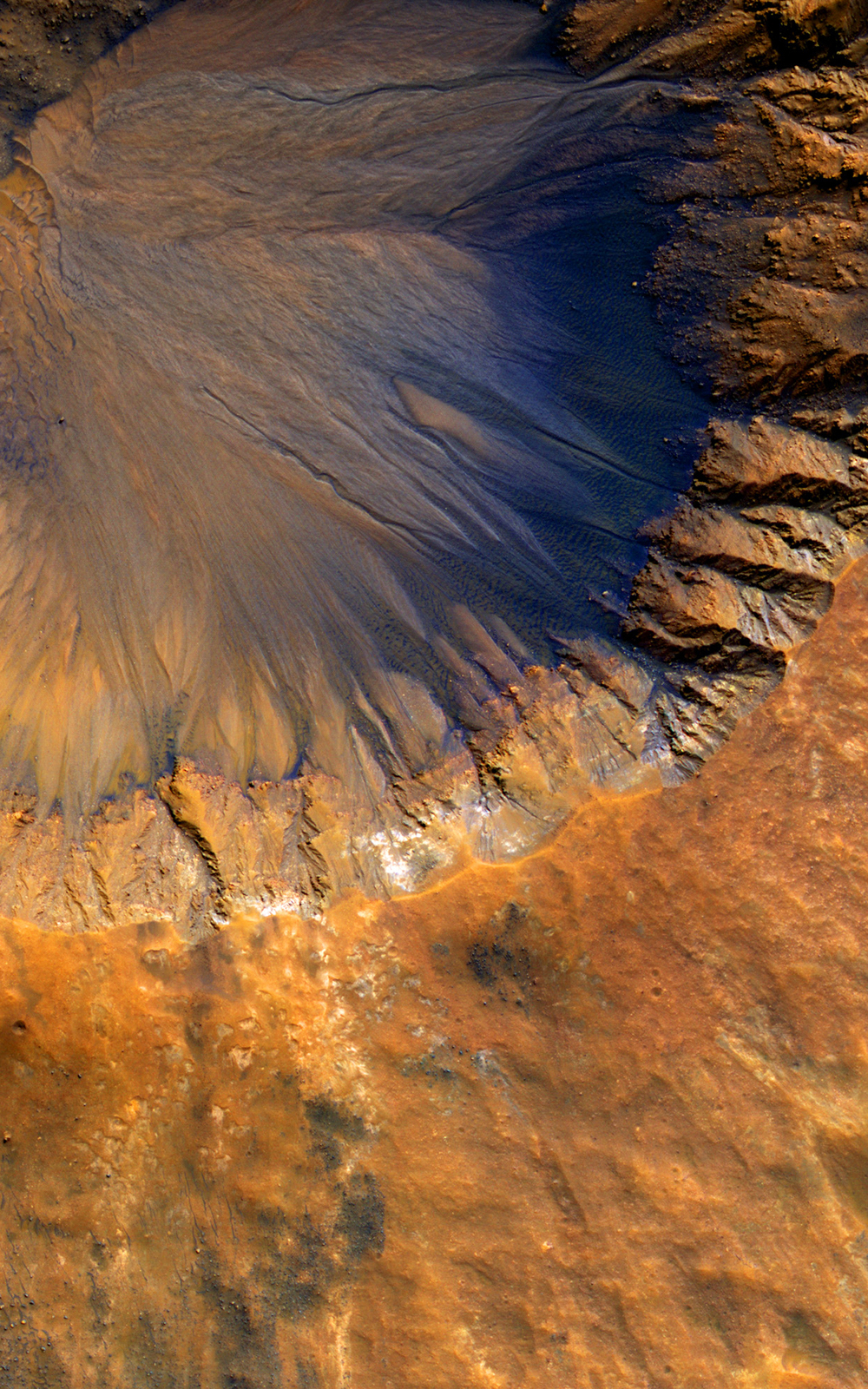Both course and University requirements must be satisfied. If in doubt, please contact us.
Course Requirements
- A good 2:1 honours degree from a relevant science or mathematics subject.
- Prior coding experience is essential (of at least 40 hours or equivalent).
- Students will need to be familiar with matrix algebra, calculus, statistics, and to be able to work with and solve differential equations.
University Requirements
- Check the minimum university requirements.
- Foreign language requirements:
IELTS score minimums of
- Listening 7.0
- Writing 7.0
- Reading 6.5
- Speaking 7.0
- Total 7.0
- CAE Grade A & B (overall score of 193, with no element lower than 185 plus a Language Centre assessment)
TOEFL score minimums of
- Listening 25
- Writing 25
- Reading 25
- Speaking 25
- Total 100
- CPE Grade A, B, or C (with at least 200 with no element lower than 185).
Interviews
Interviews are conducted prior to recommending any offer of admission. They are a great opportunity for the course team to meet each applicant and establish who the best candidates are for the programme. Allowing us to probe further into each application and providing a platform to demonstrate knowledge, skills and experience.
It is likewise a great opportunity for all applicants to ensure this is the right course and environment for them to succeed in achieving their goals; time will be given at the end of each interview to ask questions.

Clouds on Jupiter. Credit: NASA/JPL-Caltech/SwRI/MSSS/Gerald Eichstad/Sean Doran
TImeline
Applications are currently only being accepted for the Michaelmas Term 2024 entry.
Applications will be assessed on a rolling basis with multiple interview rounds being held from January until the course application deadline. Applicants should normally expect to hear if they are invited to interview within 8 weeks of a completed application (see ‘How to Apply’ for the full list of documents required). Candidate’s invited to interview should expect to hear the final outcome within 4 weeks of the interview taking place.
Finance
It is the responsibility of all applicants to secure funding for their studies, researching the university fully to ensure they are well prepared, and applying in good time for both the course and any funding deadlines.
For early funding competitions, such as the Gates Cambridge and Cambridge Trust, the deadlines are highlighted below. Funding opportunities are assessed seperately and applicants should be familiar with the required actions for each before applying.
11 Oct 2023
funding deadline (US Gates)
5 Dec 2023
funding deadline (all others)
To help navigate the wide network of finance and funding information available, here are some helpful links to get you started:
- Search the Postgraduate Funding Portal for all the current opportunities listed at the university.
- Have a look at the Fees & Maintenance Calculator.
- Visit the Cambridge University Postgraduate Finance Pages for more information.

Earth from Saturn. Credit: NASA/JPL/Space Science Institute Casini
How To Apply
You will need to have the following ready:
- Two academic references
- Transcript
- CV/resume
- Evidence of competence in English
- Statement of interest (1500 characters)
- Contextual questionnaire (PDF)
If you wish to be considered for a Gates Cambridge Scholarship, you will also need to provide the following:
- Gates Cambridge Reference
APPLICATION GUIDANCE
When writing your statement of interest (1500 characters) please include your motivation for applying for this course, an outline of relevant experience and interests (including your coding experience and familiarity with the mathematics subjects listed, either through formal study, professional experience, or any other relevant activities undertaken). Please state your choice of course pathway (Astrophysics, Earth Science, Chemistry, Biology) ensuring your choice is highlighted, so that your application can be forwarded to the appropriate academic for consideration.
A core aspect of the programme is our commitment to not only have a diverse cohort academically, with students from multiple different scientific disciplines to be taught on four distinct pathways, but to ensure we are welcoming and encourage applications from people from groups currently underrepresented in postgraduate study. We are keen to hear from students from all socio-economic backgrounds and would invite you to take note of the University’s funding competition for students from low-income households, here.
A key part of our efforts in widening participation is our request that applicants complete a contextual questionnaire. This form enables us to take a range of contextual data into consideration in order to understand the background for applicants’ academic attainment. This information will only ever be used to improve applicant’s chances of receiving an offer. Please copy and paste the link into your browser, complete the form, then save as a PDF and upload it using the ‘Choose file’ button:
https://forms.office.com/r/57vJxHU7fE
If you love your subject and have an aptitude for study or research, and have gained, or are on course for, the minimum qualifying standard for your nominated course, we would very much like to hear from you.

Impact crater in Mars Sirenum Fossae region taken by NASA’s Mars Reconnaissance Orbiter on March 30, 2015. Credit: NASA / JPL / University of Arizona / Alfred McEwen

Core modules trace the requirements for life’s origins from its astrophysical origins to the emergence of biospheres, providing the essential knowledge for you to be research-active in planetary science and life in the Universe:
- The origin of Planets – link to faculty on research pages. — for each of the bullet points
- The origin of habitable Environments
- The origin & Detection of Life
- The origin and evolution of biospheres



